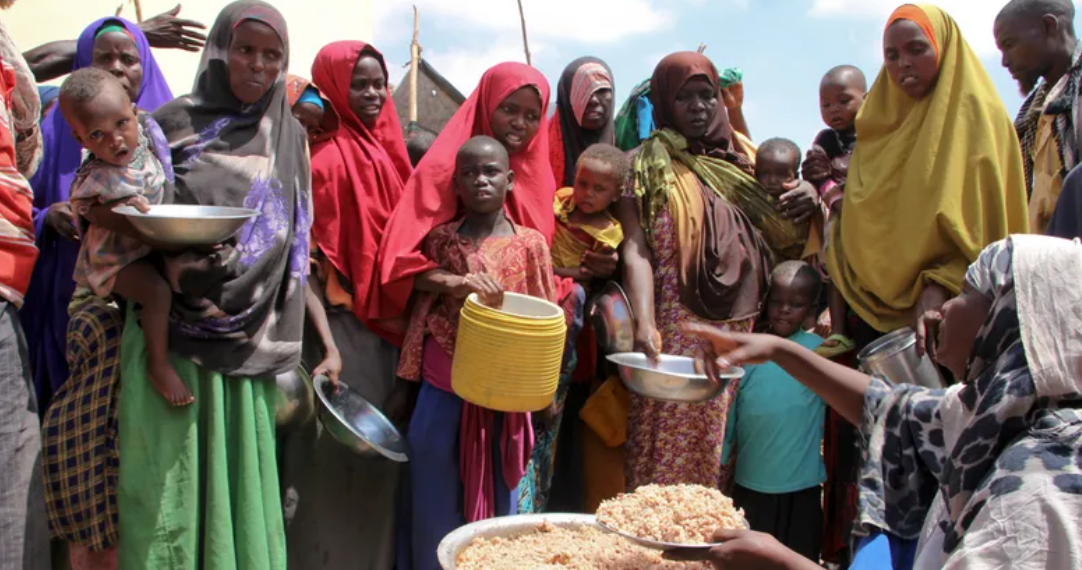Nigeria
NBS Survey: Two-Thirds of Nigerian Households Can’t Afford Healthy Food

A recent NBS survey reveals that two-thirds of households in Nigeria struggle financially to afford nutritious meals, highlighting food insecurity issues.
According to a survey by the National Bureau of Statistics (NBS), financial constraints have resulted in two-thirds of Nigerian households struggling to provide healthy and nutritious meals.
The NBS survey, “Nigeria General Household Survey – Panel (GHS-Panel) Wave 5 (2023/2024),” highlights the evident multidimensional poverty in the country and underscores how rising prices of goods and services have continuously eroded Nigerians’ purchasing power.
In a notable turn of events, the survey revealed that households in the country endure an average of 6.7 power outages each week.
Regarding food insecurity, the survey report noted: “Around two-thirds of households reported being unable to consume healthy, nutritious, or preferred foods due to financial constraints in the past 30 days.”
In the same vein, 63.8 percent of households consumed only a limited variety of food due to financial constraints, 62.4 percent were concerned about not having enough food, and 60.5 percent ate less than they believed was necessary.
Between Waves 4 and 5, the percentage of households expressing concern about food insecurity due to financial constraints rose markedly from 36.9% to 62.4%.
READ ALSO: Nigerians Paid 66% More for Cooking Gas in August 2024, Reports NBS
Regarding access to energy, the NBS survey indicated that 82.2 percent of urban households have electricity, in contrast to just 40.4 percent in rural areas.
Nigerian households experience an average of 6.7 power outages each week.
In cooking, traditional three-stone stoves are commonly used by 65.0 percent of the population, primarily relying on wood for fuel at a rate of 70.2 percent. However, there has been a notable increase in the use of liquefied petroleum gas (LPG).
Numerous households do not have toilet facilities and depend on tube wells or boreholes for their drinking water. Waste disposal is largely unregulated, with 45.6 percent of families resorting to bushes or streets for this purpose.
Regarding asset ownership, the survey indicated that “Overall asset ownership has decreased since 2018/19. Despite this decline, two-thirds of households own mobile phones and approximately 21.3 percent have access to the Internet.”
The survey indicates that 70.4% of households are homeowners, with rural homeownership at 80.1%, in contrast to the urban rate of 49.1%.
